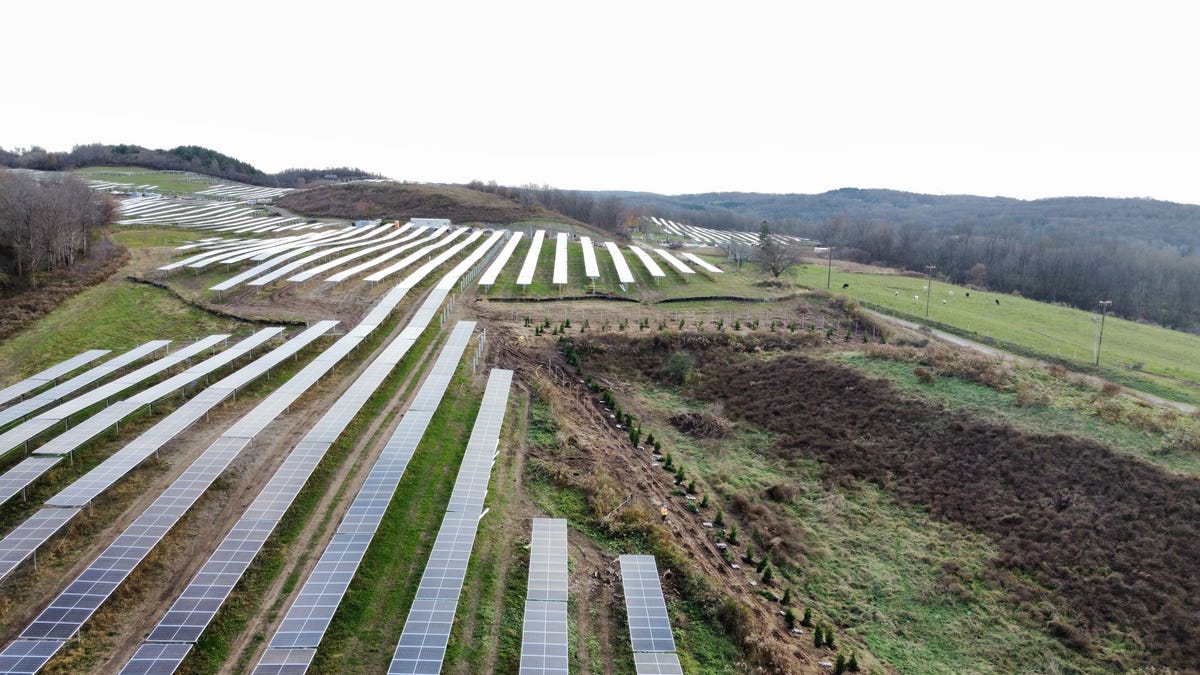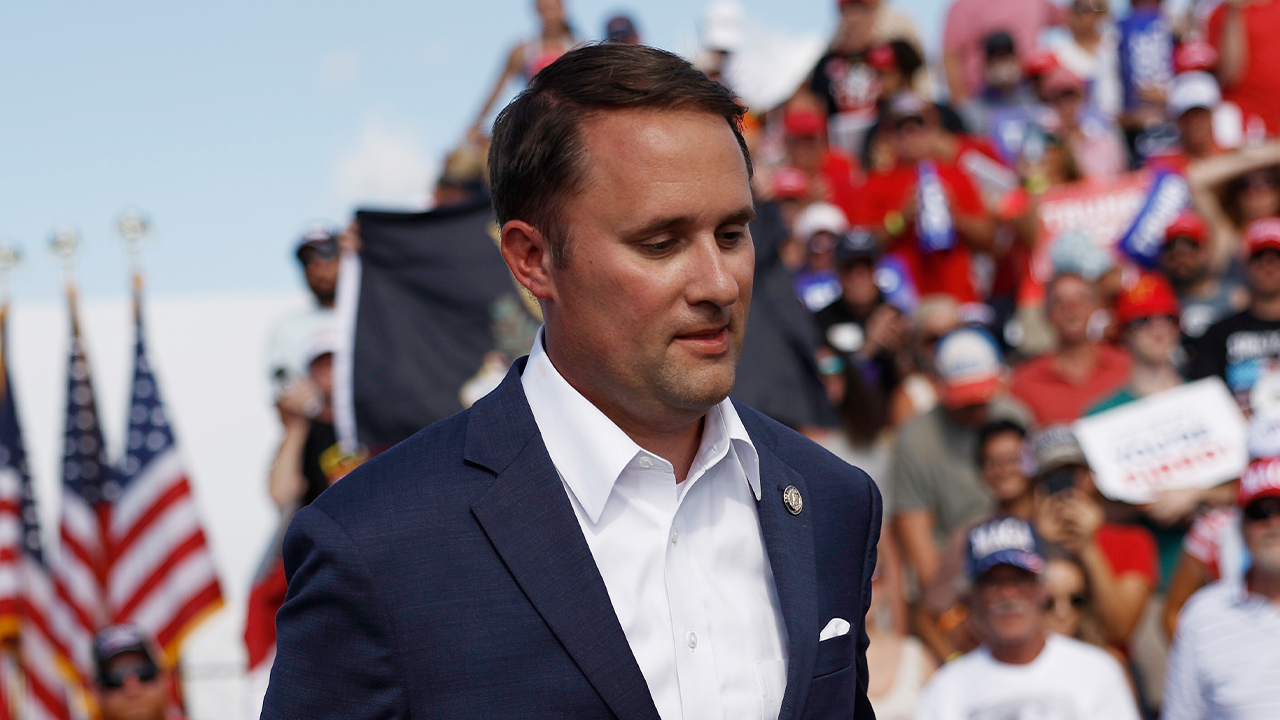Washington, D.C
New legislation would open up possibility of Washington Commanders move to DC

Bill could make RFK Stadium new home of the Commanders
The Commanders could find a new home at RFK Stadium thanks to a new bill moving through Congress.
WASHINGTON – Now that the Washington Commanders’ ownership has changed hands, a new, huge question emerges: Where will the team play their home games after their lease ends at FedEx Field? After years of wrangling, it appears D.C. is poised to be part of the conversation.
House Oversight Committee Chairman James Comer, R-Ky., and D.C. Democratic Representative Eleanor Holmes Norton co-introduced legislation that would give the District long-term control, 99 years, over the 190 acres at RFK Stadium. The bill was officially filed Thursday.
Right now, the district leases the land from the federal government and that lease ends in 2037.
When it comes to this question over an NFL stadium coming to D.C., Mayor Muriel Bowser said long-term control of the land is priority number one and the introduction of this legislation marks a meaningful step in that process.
A new team has also been formed within the Mayor’s Office of Economic Development to act as a liaison to sports teams and recruit new teams.
Bowser spoke bluntly about wanting the Commanders to move to the nation’s capital at a media event Wednesday morning.
“I have talked to the new group of owners, Josh Harris, Mitch Rales, Mark Ein and they have another group. They visited with me at City Hall yesterday. I talked to them immediately, Josh called me immediately after the sale was complete last week and, you know, this is what I say and I’ve always said it: There’s really only one place for the team in this region. I know, I’ve been a little coy but…there’s only one choice,” D.C. Mayor Muriel Bowser said.
Early on, there appears to be broad support for the legislation, which would give the District control over these 190 acres for mixed-use opportunities.
Next, the legislation has to pass, then it becomes a D.C. Council decision on what to do with this land.
Early on, Council Chair Phil Mendelson says he doesn’t want public funds for a stadium. Bowser says she looks forward to productive conversations.
FOX 5 spoke with a man who lives near the RFK and says he wants to see new life here to include a stadium.
“My personal opinion, I don’t think they should have ever left. You know, RFK is right there, the mayor wants them here, I believe all the fans want them here. Why not bring them back? I would love to have them back,” Tony Bennett said. “I feel like it would be very beneficial—especially on the financial tip. People need jobs. You know, economics, you know, growth for the city.”
This legislation gives the District at least a seat at the table for when the Commanders make this decision. Without it, D.C. really isn’t in the running.
FOX 5 will be following its progress through Congress and will keep you updated.

Washington, D.C
DC Mayor Bowser proposes expanded juvenile curfew to curb youth violence
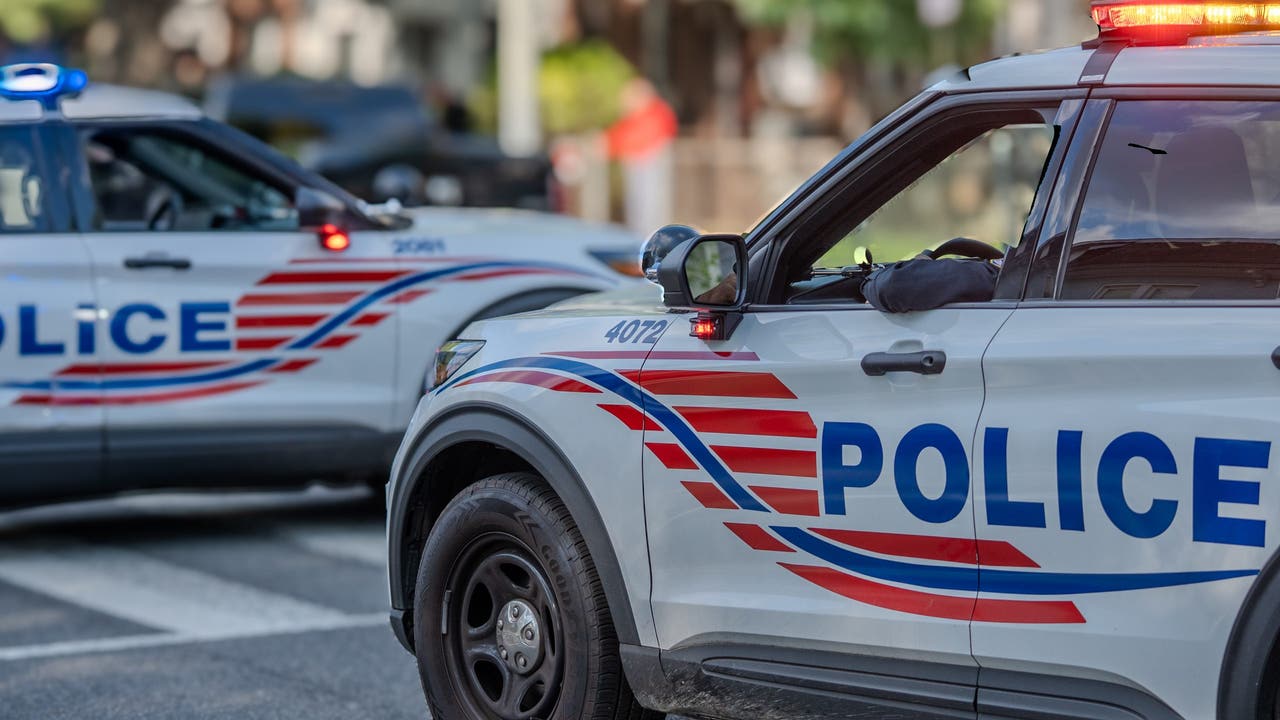
WASHINGTON – Mayor Muriel Bowser is proposing an expansion of D.C.’s juvenile curfew to address youth violence during the summer months.
Bowser announced her intention to submit emergency legislation to the D.C. Council that would extend the current curfew to include all minors under 18. The measure would apply from 11 p.m. to 6 a.m., seven days a week, throughout June, July and August.
READ MORE Navy Yard residents frustrated after teens ‘take over’ park, causing chaos and fights
Summer curfew expansion
Currently, the city’s curfew applies only to youth 16 and younger from 11 p.m. to 6 a.m. on weekdays, and from midnight to 6 a.m. on weekends.
The proposed change comes after a recent ‘takeover’ in the city’s Navy Yard neighborhood where teenagers were fighting and causing disturbances. D.C. police say several juveniles were arrested, and a victim was sent to the hospital following a robbery after the incident.
Bowser and Police Chief Pamela Smith say the expanded curfew is intended to help keep young people and the public safe.
Police zones proposed
What we know:
The legislation also gives the Metropolitan Police Department authority to establish extended juvenile curfew zones, modeled after temporary drug-free zones. These zones could go into effect from 7 p.m. to 6 a.m. for up to 15 days, with an option to extend to 30 days. Advisory Neighborhood Commissions or local business groups would be allowed to petition for one.
Exemptions in D.C.’s curfew law would remain in place, including exceptions for work or running errands for parents or guardians.
Some residents see the curfew as a short-term solution that does little to address the deeper causes of youth gatherings and violence.
Bowser has submitted the measure as emergency legislation with the goal of having it in place as soon as possible.
Expanded juvenile curfew legislation details from the Office of Mayor Bowser:
- Changing the juvenile curfew hours to 11 pm every day in July and August 2025, and to extend the applicability of the juvenile curfew to 17-year-olds.
- Authorizing the Chief of Police of MPD to establish an extended juvenile curfew zone(s). This proposal mirrors the parameters of the popular drug free zones from the Secure DC Omnibus bill signed into law by Mayor Bowser in March 2024. For these extended juvenile curfew zones, the curfew will begin at 7 pm and remain in effect for 15 consecutive days, with a possibility of extension based on public safety considerations for up to 30 days. An Advisory Neighborhood Commission, business improvement district, or Main Street organization can also petition the Chief of Police to establish an extended juvenile curfew hours zone.
- Allowing the Mayor to authorize an emergency juvenile curfew.
MORE DETAILS online from DC Office of the Mayor
The Source: Information in this article comes from the DC Office of the Mayor and previous FOX 5 reporting.
Washington, D.C
DC Heatwave: Will temperatures reach 100 degrees next week?
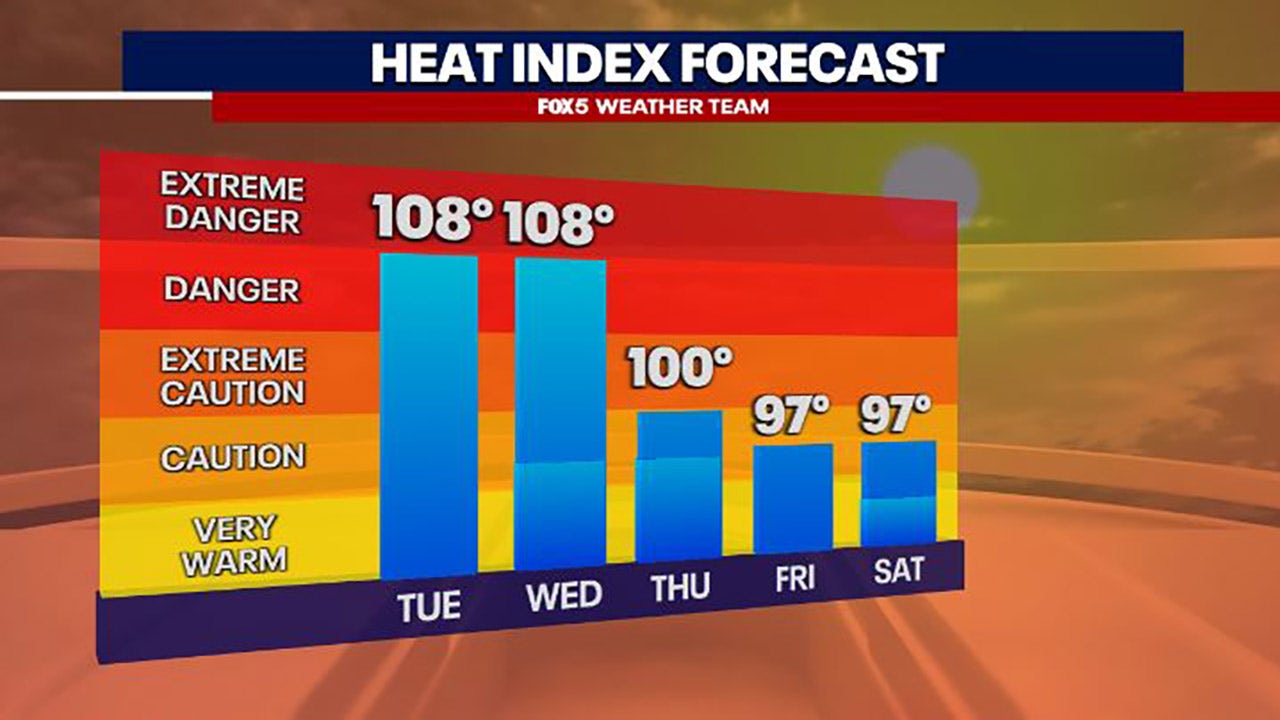
WASHINGTON – As the first day of summer approaches this Friday, we expect the first real blast of summer heat to arrive this weekend. Starting Sunday, a building ‘Bermuda High” will move into the mid-Atlantic region, sending temperatures soaring into the mid-to-upper-90s with heat indexes over 100 degrees much of next week.
DC Heatwave: Here is what we can expect:
Sunday marks the first day of our heat wave with high temps well into the 90’s! We expect higher than average temperatures throughout the entire week
Impacts will be widespread for us as we see our entire region being engulfed in hot air.
We have a chance to see some record-breaking days with our greatest chance being in the middle of the week
The Heat Index which measures heat and humidity together could exceed 105 degrees many days next week.
DC Heatwave: Possible record highs?
As the heat moves in, we have a decent chance to break several temperature records.
Most of the existing records range from 99-104 degrees, so our best opportunities will come on days where the forecast highs align with the lower end of those records.
Based on current data, next Monday and Friday fit that criteria. Monday and Friday stand out – both have record highs of 99 degrees, and forecast temperatures are expected to range from 96-99 degrees, giving us the best shot at tying or surpassing those marks.
DC Heatwave: Will DC region see 100 degrees?
Timeline:
The peak of our heatwave is expected early to mid-next week, with parts of our area expected to crack the 100s.
Tuesday and Wednesday are shaping up to be the hottest days, with highs potentially reaching 101 degrees.
The biggest question still remains: Will D.C. break 100 degrees? Last year it was incredibly hot, and we reached 100 degrees six times.
In past heat waves, surrounding areas have broken 100 degrees while the city itself stayed in the upper 90s. That’s largely because official temperature readings for the city come from Reagan National Airport – not downtown.
The airport’s location near the Potomac River often allows cooler air to blow in, keeping readings lower. Luckily for heat lovers and record chasers, there’s good news. Current forecast guidance suggests that the cooling effect should not play a major role but can’t be ruled out.
The Source: Information in this article comes from the FOX 5 Weather Team and the National Weather Service.
Washington, D.C
Expanding estimates, unanswered questions: Checking the math on DC stadium deal

At a splashy announcement in late April, D.C. Mayor Muriel Bowser assured taxpayers their $1.1 billion investment in a new football stadium and entertainment complex would be money well spent — pledging that over 30 years the deal would bring in $4 billion in tax revenue.
A month later, her administration released a report from private consultants that upped that figure to $5.1 billion in tax revenue over a 30-year period.
But the News4 I-Team’s review of that new fiscal impact shows at least a third of those tax dollars will remain at the proposed Washington Commanders stadium site — a significant portion of the return promised to taxpayers.
Of the $5.1 billion private consultant CSL predicts the stadium and surrounding district will generate in tax dollars over 30-plus years, the I-Team found $1.7 billion will be spent running the stadium, maintaining the stadium and paying off the money D.C. borrows to build the stadium.
“Some of the tax revenue that’s generating that will stay on the campus is really meant to be able to maintain the quality of what’s there so it doesn’t degrade over time,” said D.C. City Administrator Kevin Donahue, adding those dollars would offset annual operating costs from public safety and civil enforcement associated with game days.
Donahue explained all sales taxes, food and beverage taxes, and ticket taxes generated at the stadium would stay in a fund used solely for the stadium expenses and upkeep.
It’s just one aspect of the $3.7 billion stadium complex deal now under consideration by the D.C. Council, which has discussed delaying a vote on the package Bowser proposed as part of the Council’s annual budget process.
Under the deal, the Commanders pledge to invest $2.7 billion of private money with more than $1 billion in D.C. taxpayer funds to revamp the RFK Stadium site in Ward 7.
The deal has come under fire, however, from taxpayer watchdogs who say District dollars would be better invested in District residents’ more urgent needs.
“This is really an investment in billionaire sports team owners. And what it is going to do is grow their profits while D.C. bears the cost,” Shira Markoff of the DC Fiscal Policy Institute told News4.
Markoff said that, at a time when necessities such as D.C. Medicaid and other safety nets face dramatic cuts, District residents deserve to know the full cost of the deal.
“This is D.C.’s money,” Markoff said. “We want to see it invested on behalf of D.C. residents to really grow our economy, you know, in ways that benefit D.C. workers and our most vulnerable population.”
But proponents of the deal, including Bowser, have argued there are few realistic alternatives for the RFK site, with estimates showing the Commanders complex would generate about 30,000 construction jobs and $4.2 billion in pay for those workers over three decades.
She has defended the multibillion-dollar tax revenue estimates as conservative, saying in early June: “When we look at the number of jobs created, tax revenue generated, the adjacent economic activity that is created, we think it could be even bigger.”
The I-Team asked for clarity on how the anticipated tax revenue changed from $4 billion over three decades to more than $5 billion in the private consultants’ report. The I-Team was told the private consultants aren’t available for media questions, but Donahue said the increase was a result of speeding up the projected opening of restaurants, shops and apartments surrounding the stadium.
“The bigger difference really was in the economic activity that’s happening outside the stadium,” Donahue told News4.
The I-Team wanted to see those dates and details and filed open records requests for the documents showing the initial projections and discussions around them.
The District provided the report breaking down the $5 billion figure but said neither the mayor, deputy mayor for economic development nor about a half dozen of their senior staffers had a copy of the first draft — which included the $4 billion figure — before reporting its promises in the stadium announcement.
The I-Team also was told the District could not locate a single email, text or voice message about it in its records.
The deal also projects as many as 6,477 multi-family residences around the stadium. That is almost five times as many residences in the District’s Wharf neighborhood, according to The Wharf’s website.
Under the deal, the Commanders have the right to develop the residences, but it’s unclear how many District dollars could go to that effort. The District already requires a portion of housing units to be designated as affordable and, according to Donahue, hasn’t ruled out providing additional funds for that purpose.
Donahue said District leaders arrived at the 6,477 number based off a master plan it has for the RFK site. But when the I-Team asked for a copy of that plan, which they said was prepared by outside consultants, they declined to release it.
Meanwhile, the D.C. Council hired an outside consultant to review the terms of the deal, which Bowser said must be approved by July 15 under its agreement with the Commanders. If that date passes, the Commanders could start negotiating again with Maryland or Virginia.
The team has said it hopes to open the new stadium by 2030.
Investigative producer Katie Leslie and photojournalist Derrick Cheston contributed to this report.
Sign up for our free deep-dive newsletter, The 4Front, to get standout News4 stories sent right to your inbox. Subscribe here.
-

 Business1 week ago
Business1 week agoYale’s Endowment Selling Private Equity Stakes as Trump Targets Ivies
-

 Culture1 week ago
Culture1 week agoBarbara Holdridge, Whose Record Label Foretold Audiobooks, Dies at 95
-
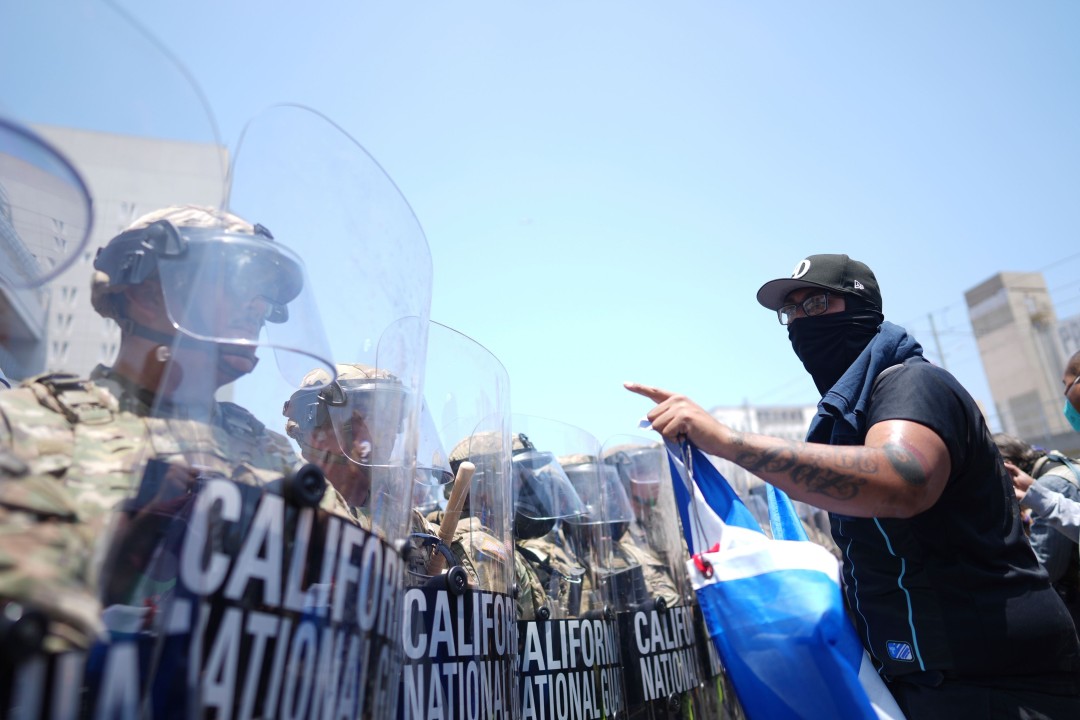
 News1 week ago
News1 week agoNewsom Calls Threat to Use Marines 'Deranged'
-

 News1 week ago
News1 week agoYosemite Bans Large Flags From El Capitan, Criminalizing Protests
-

 Science1 week ago
Science1 week agoIn Taxicab Geometry, Pi Equals 4 and Circles Aren’t Round
-

 Culture7 days ago
Culture7 days agoA Murdered Journalist’s Unfinished Book About the Amazon Gets Completed and Published
-
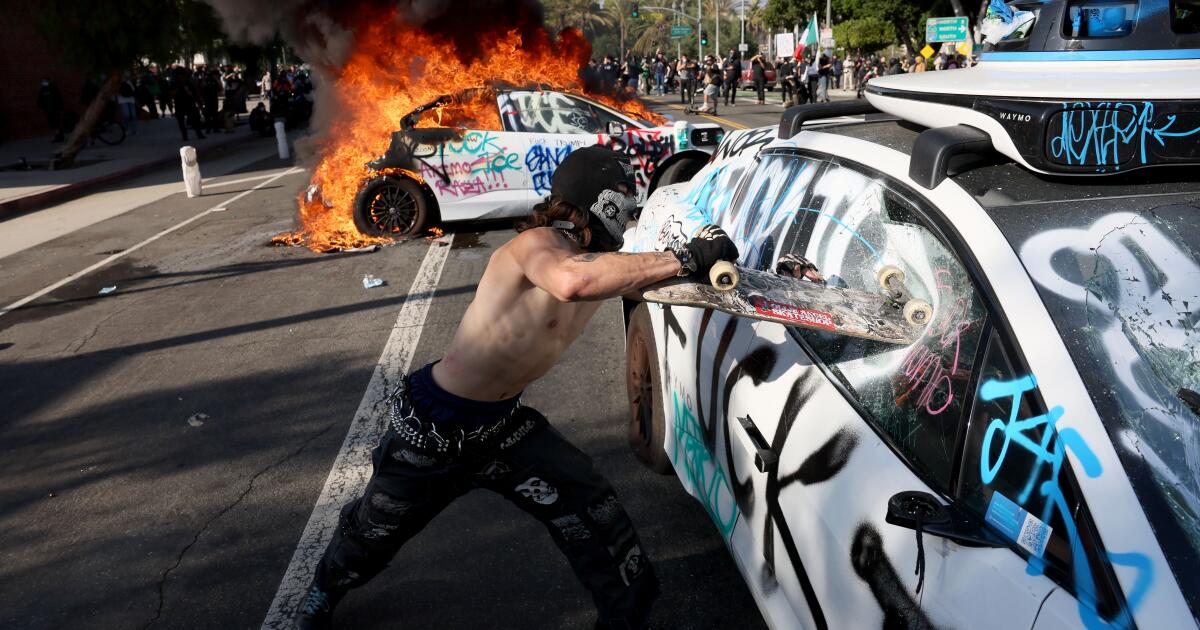
 Business1 week ago
Business1 week agoWaymo halts service in downtown Los Angeles amid ICE protests
-
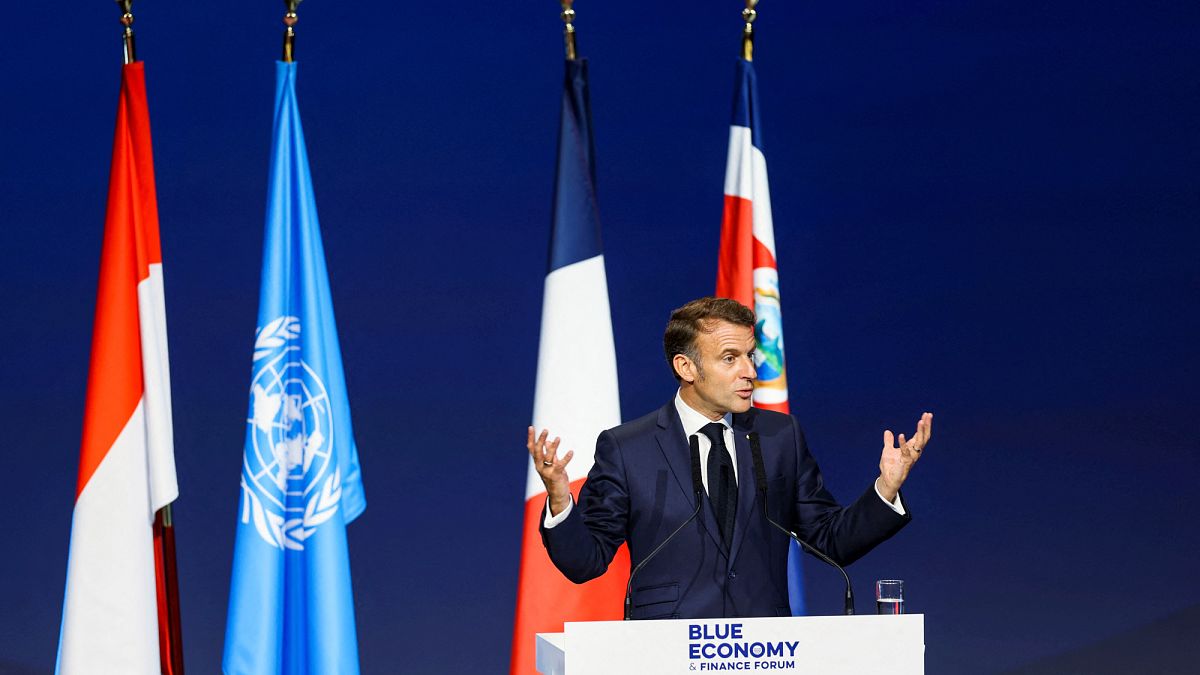
 World1 week ago
World1 week agoBlue Economy Forum: Macron rebukes climate change deniers




